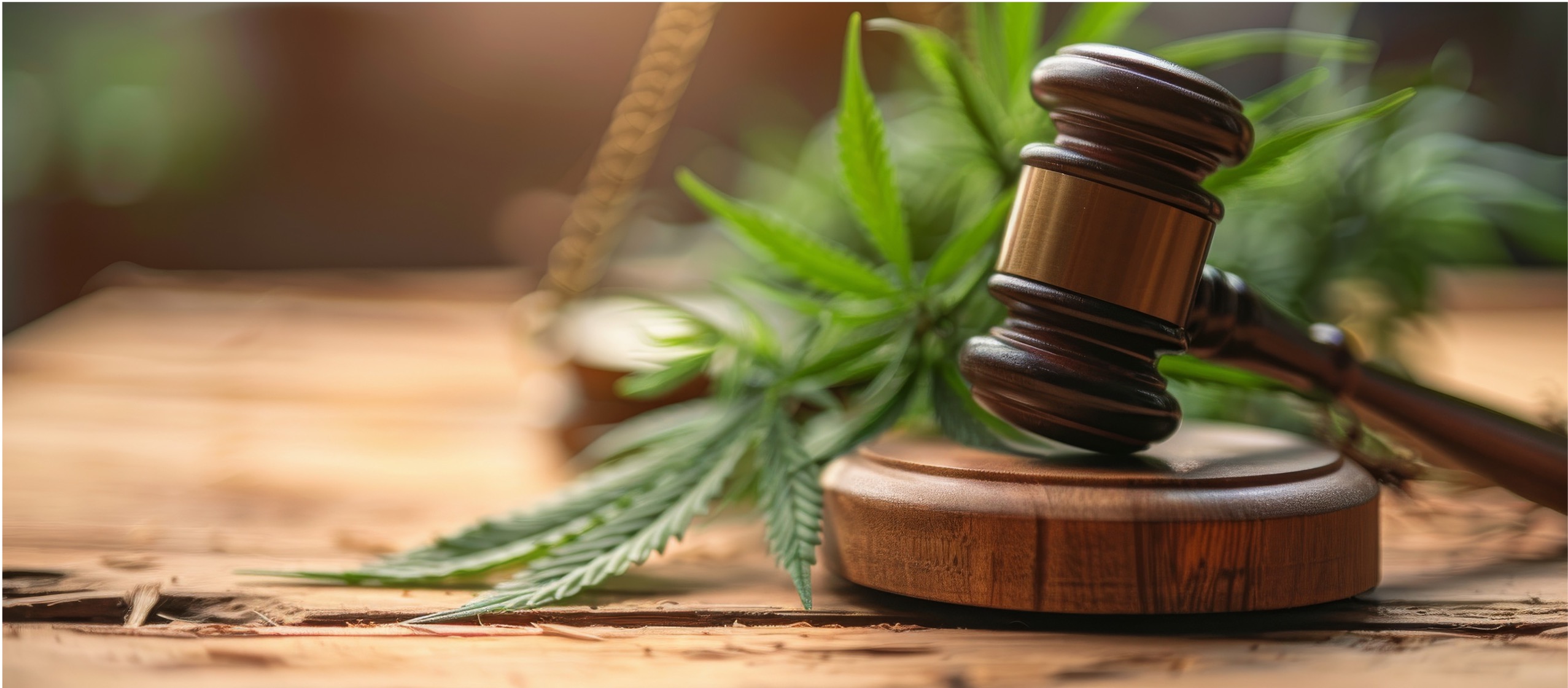So many emotions and opinions came with the US Department of Health’s recommendation to reschedule cannabis to Schedule III.
While descheduling is the preferred goal, rescheduling to a Schedule III is a strong step along the journey. Cannabis is both politically charged and a business. Being realistic about what is likely to happen and how that will impact our industry segment will prepare us to ride the wave more smoothly.
Rescheduling cannabis to Schedule III allows for a few notable benefits, including exemption from the 280e tax code, broadening research channels, taking a step toward federal legalization, and diminishing the stigma for the mainstream audience. While it does also open the door wider for pharma to get involved, that will likely not impact the beverage category as much as other consumption methods. There is no doubt that these benefits will have an impact on brands operating in the legal recreational market.
We believe helping existing legal markets grow and thrive is a shared goal between us and policymakers. Rescheduling will open new channels including additional regulatory oversight, which may impact the current approach to State level programs. The illicit markets will continue to grow and flourish with over-regulation, so state and federal regulatory bodies will need to work closely to ensure a smooth transition for operators and consumers.
For beverage specifically, the Cannabis Beverage Association has taken the position that beverages infused with THC or other intoxicating cannabinoids should join alcohol in an adult market approach and be regulated primarily by States and by the Alcohol and Tobacco Tax & Trade Bureau (TTB) in the future. In an ideal scenario, the CBA would recommend low dose THC and hemp D9 beverages, like Cann and Rebel Rabbit, for placement next to the White Claws and the Bud Lights of the world in convenience stores, liquor stores, etc., with an age gate requirement for purchase Hemp-derived beverages are already making this a reality in various markets across the US as a result of the 2018 Farm Bill (creating the case study that proves this is where these beverages belong), but their cannabis-derived counterparts (delivering similar experiences, only difference is plant origin) are restricted to the state-regulated dispensary channels putting them at a disadvantage. Assuming the TTB cannot regulate a controlled substance, Schedule III is a pitstop that could potentially delay this desired outcome for cannabis-derived infused beverages.
There are still a lot of unanswered questions about how rescheduling would ultimately impact the cannabis industry. Regulation is only bad when it’s done poorly, so we need to make sure the Federal government and their agencies (Food & Drug Administration, Tax & Trade Bureau, Drug Enforcement Administration, etc) can identify the industry associations and leaders that are looking to grow and contain the category safely, responsibly, and efficiently so we can work together to make the cannabis industry all we know it can be.
Here’s what we do know – as of right now, nothing has changed (and timing of said change, is most likely when it can directly impact a pivotal election so keep those timeframes in mind). Advocacy and policy involvement has never been more important for infused beverages and the cannabis industry as a whole.
Get involved, become part of a larger voice, be heard.





